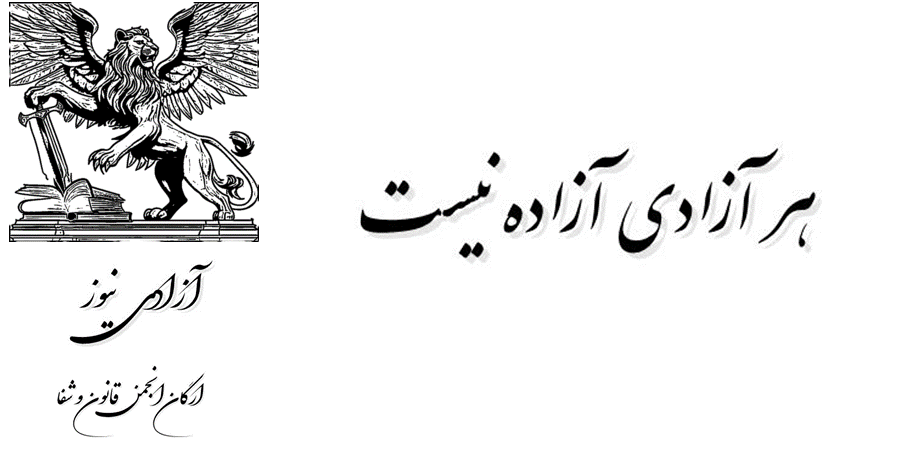With the globalization of the economy, some countries have opened their universities and institutions to foreign students and the provision of minimum scholarships to students has become more prevalent than ever before. In this context, the student, under the umbrella of the host country’s economy, engages in studying and producing content with great enthusiasm. Looking at the host countries, we realize that among them, the continuity and establishment of the capitalist system provide the necessary tools for creating wealth and welcoming intellectual guests. Student income in the host country covers the minimum living expenses and relative welfare in the form of rent and purchasing essential necessities, meaning it returns to the host country like a seed. However, to understand the necessary mechanisms for economic strengthening of universities and institutions we must understand and learn capitalism. Understanding capitalism evokes both admiration and doubt simultaneously when confirming existing processes and mechanisms.
Capitalism and Apartheid:
Firstly, recognizing and endorsing capitalism means accepting the tyranny of wealth in global systems. The tyranny of wealth is the same as political tyranny, established through the tools of wealth. The tyranny of wealth leads to the formation of apartheid and a bipolar system on the global stage. In fact, the presence of poverty and the consumerist center is essential in the tyranny of wealth. The tyranny of wealth is also the same political tyranny, whose military aspect is faint and negligible, and its victims are the poor.
Worth of individuals in capitalism:
If one understands capitalism, public stock power, and understands the basis of global markets and liquidity, they know how luxury stores with multimillion-dollar brands cover their expenses i.e. by selling a single product annually. They never go empty-handed from liquidity because the circulation and purchase of their shares in the market always replenish their economic veins and keep them in circulation. Therefore, individual rights in this system are equivalent to a small portion, like a small block in public shares. With the understanding of this equation and public shares, the value of students and researchers in the capitalist system, and sometimes non-applicable research, becomes clear. Public shares provide the ability to cover the costs of researchers in small units, even if the research is not economically viable. However, small units also cover the circulation costs of public shares with consumption. This concept is a proper, admirable, and at the same time, criticizable circulation of the economic wheel.
Footnote: Understanding the capitalist system is the work of economics scholars. Recognizing the pitfalls and economic battles, including sanctions, launching false public shares (the phenomenon of Ponzi schemes), disrupts the economic systems of countries facing poverty. Considering the duality in each economic phenomenon, namely sanctions leading to self-sufficiency and Ponzi schemes that can increase capital for new ideas, the discussion of recognition, legalization, as well as indigenization to strengthen the internal scientific infrastructure and prevent economic hemorrhage in economic battles becomes necessary.
Dr. Amir Ali Rostam Davoodpour
Secretary of the Law and Healing Association
